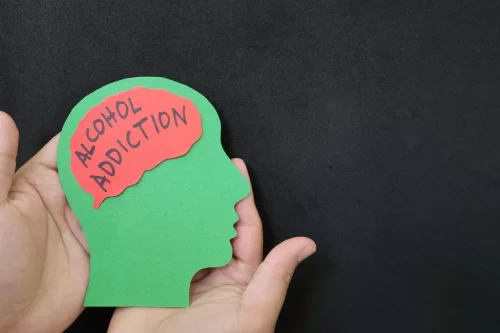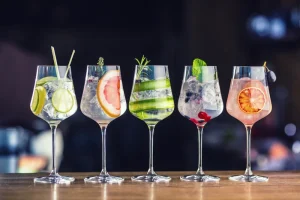The tasks of this stage can be summarized as improved physical and emotional self-care. Clinical experience has shown that recovering individuals are often in a rush to skip past these tasks and get on with what they think are the real issues of recovery. Clients need to be reminded that lack of self-care is what got them here and that continued lack of self-care will lead back to relapse. They are caused by insufficient coping skills and/or inadequate planning, which are issues that can be fixed [8].
Why Does a Relapse Happen?
The growth stage is about developing skills that individuals may have never learned and that predisposed them to addiction [1,2]. The repair stage of recovery was about catching up, and the growth stage is about moving forward. Clinical experience has shown that this stage usually starts 3 to 5 years after individuals have stopped using drugs or alcohol and is a lifetime path.
- Auto-brewery syndrome, also known as gut fermentation syndrome, is an extremely rare condition in which bacteria and fungus in the gastrointestinal tract turn the carbohydrates in everyday food into ethanol.
- Yet, preventing a relapse isn’t always possible, regardless of the treatment you received and techniques you applied.
- One of the important tasks of therapy is to help individuals redefine fun.
What to Do When You Relapse on Alcohol
- It has been postulated that naltrexone may blunt the rewarding effects of alcohol, whereas acamprosate may attenuate adaptive changes during abstinence that favor relapse (Heilig and Egli 2006; Litten et al. 2005).
- If they make the necessary changes, they can go forward and be happier than they were before.
Clinical experience has shown that the following are some of the causes of relapse in the growth stage of recovery. A basic fear of recovery is that the individual is not capable of recovery. The belief is that recovery requires some special strength or willpower that the individual does not possess. Past relapses are taken as proof that the individual does not have what it takes to recover [9]. Cognitive therapy helps clients see that recovery is based on coping skills and not willpower.

How Does Addiction Develop in the Brain?

You must come in contact with some people, places, and things. There may be no getting around some triggers like holidays, anniversaries, or areas. By knowing what your triggers are, you can extend your recovery.
Rule 1: Change Your Life
Another is to carefully plan days so that they are filled with healthy, absorbing activities that give little time for rumination to run wild. Exercise, listening to music, getting sufficient rest—all can have a role in taking the focus off cravings. And all strategies boil down to getting comfortable with being uncomfortable.
Signs of an Alcohol Relapse
Being alone with one’s thoughts for too long can lead to relapse. In some people, the initial reaction may feel like an increase in energy. But as you continue to drink, you become drowsy and have less control over your actions. Alcohol use disorder can include periods of being drunk (alcohol intoxication) and symptoms of withdrawal. Discover the impact alcohol has on children living with a parent or caregiver with alcohol use disorder.
- If you feel happy, excited, or feel the need to celebrate, the desire to use alcohol could be triggered.
- When someone has an alcohol use disorder, they can’t control their drinking and continue to drink even with negative side effects.
- You may feel loneliness, frustration, anger, resentment, and tension.
- Just as some people with diabetes or asthma may have flare-ups of their disease, a relapse to drinking can be seen as a temporary setback to full recovery and not a complete failure.
- They start to think that recovery is hard work and addiction was fun.
- If you experience a physical relapse, you might need to return to treatment or revisit your relapse prevention plan.
Physical Relapse
They often enter treatment saying, “We want our old life back — without the using.” I try to help clients understand that wishing for their old life back is like wishing for relapse. Rather than seeing the need for change as a negative, they are encouraged to see recovery as an opportunity for change. If they make the necessary changes, they can go forward and be happier than Alcohol Relapse they were before. It forces people to reevaluate their lives and make changes that non-addicts don’t have to make. This is also the time to deal with any family of origin issues or any past trauma that may have occurred. But they can be stressful issues, and, if tackled too soon, clients may not have the necessary coping skills to handle them, which may lead to relapse.